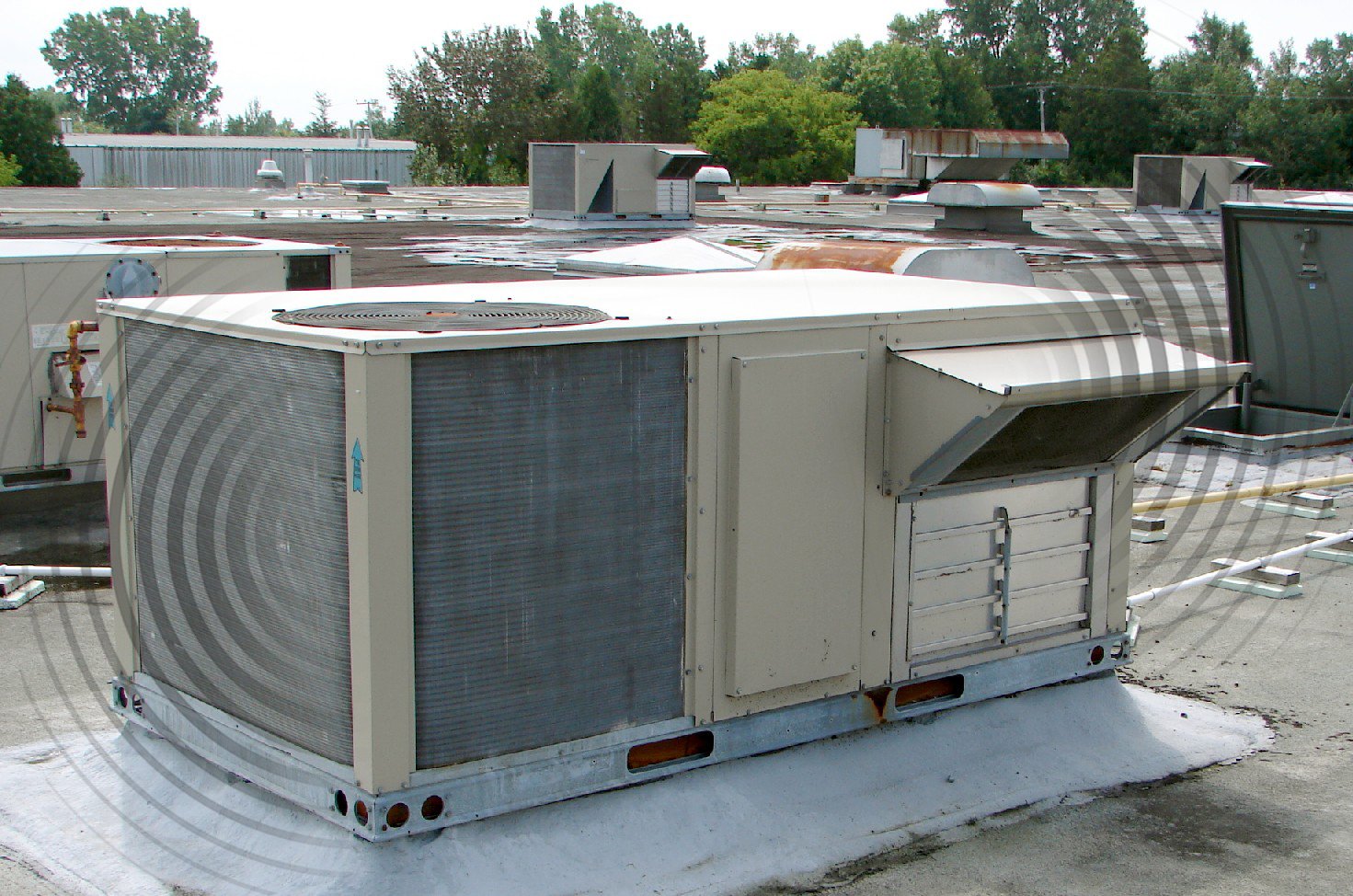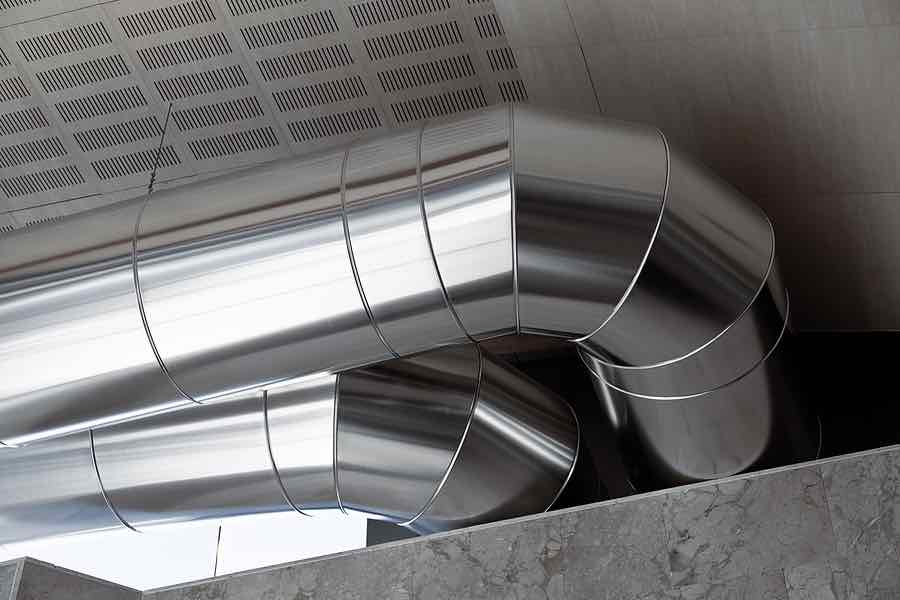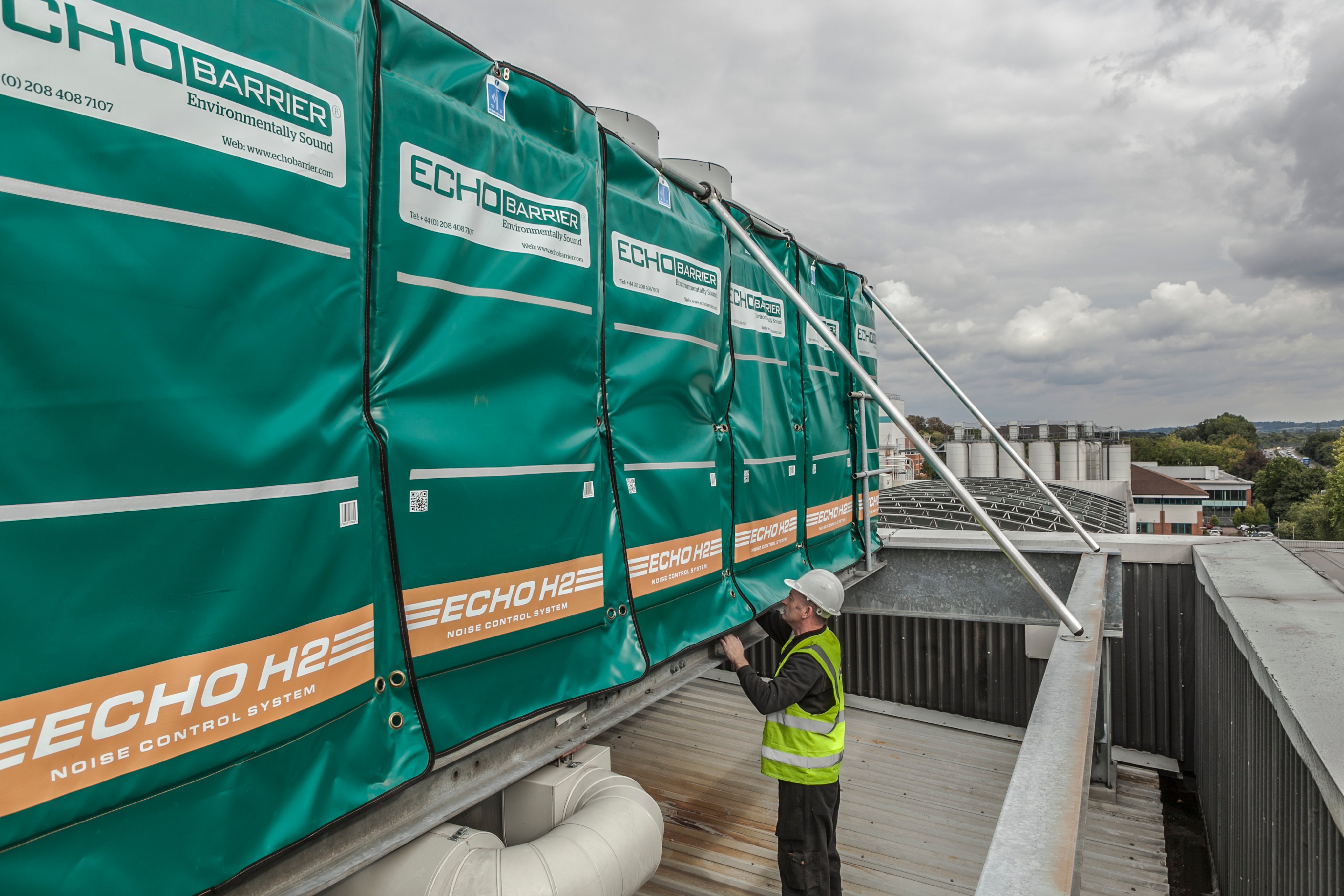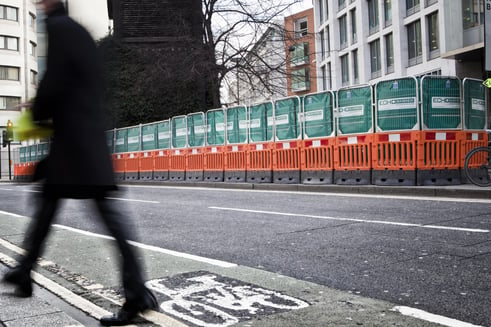
There is nothing quite as irritating as a noisy HVAC unit when you simply want to get to work on a site or relax in your office space or home. All HVAC systems are bound to make some noise, given that they are shunting air throughout a building, and normal noise levels are generally well worth tolerating for the comfort your HVAC provides.
But sometimes the noise from your HVAC unit can be much louder, which is usually an indication that something is wrong. Depending on the nature and source of the noise, you can generally determine what that is and take steps to correct it.
Duct Noise
Ducts are the piping that pushes air throughout a building. Normally this air should be able to flow freely through the ductwork. But if something is loose or blocked that fast-flowing air is going to generate some noise. This could be a whistling sound if air is being forced through a partially blocked duct, or a rattling or flapping sound if something is loose and being jostled by the passing air.
Since these noises are correlated with airflow, if you can adjust that setting, you may be able to lower the noise. It could also just be a closed vent or blocked return which is easily fixed.

HVAC duct networks can be extensive, and require consistent monitoring for maintenance.
Blower Noise
All that air is not just flowing out of the vents by itself – it is being pushed by the blower. Noise can come from the blower if it is not functioning correctly. Given that it is basically a big fan that rotates, if something is loose or off balance that can generate a loud thumping noise like that of an off-balance washing machine. You can try to isolate this problem by seeing if the sound is present only when the blower engages.
Heating & Cooling Issues
There can also be a problem with the heating or cooling unit itself. Remember that AC units, especially outdoor ones, may make quite a lot of noise even during normal operation. There may be an electrical fault leading to a localized hissing sound. Proper maintenance is a good way to prevent problems arising from these systems, including noise problems. If your heating or cooling unit starts to make strange noises, it's best to have it checked out.
Noise Isolation With Acoustic Barriers
Where repairing the source of the noise is difficult or impossible – or where normal operation of the unit is causing disruption – isolation and reduction of the noise is possible using acoustic barriers. Products like Echo Barrier are able to reduce noise by 10 to 32 dB; highly valuable when the noise source is constant and causing distress to people in surrounding offices and homes.

Echo Barriers mounted around a HVAC unit atop a warehouse reduce the machine's operational noise level.

Portable acoustic barriers
Echo Barrier is an innovative temporary noise control system designed to quickly mitigate noise from loud equipment. Distribution available worldwide – get in touch with us:

